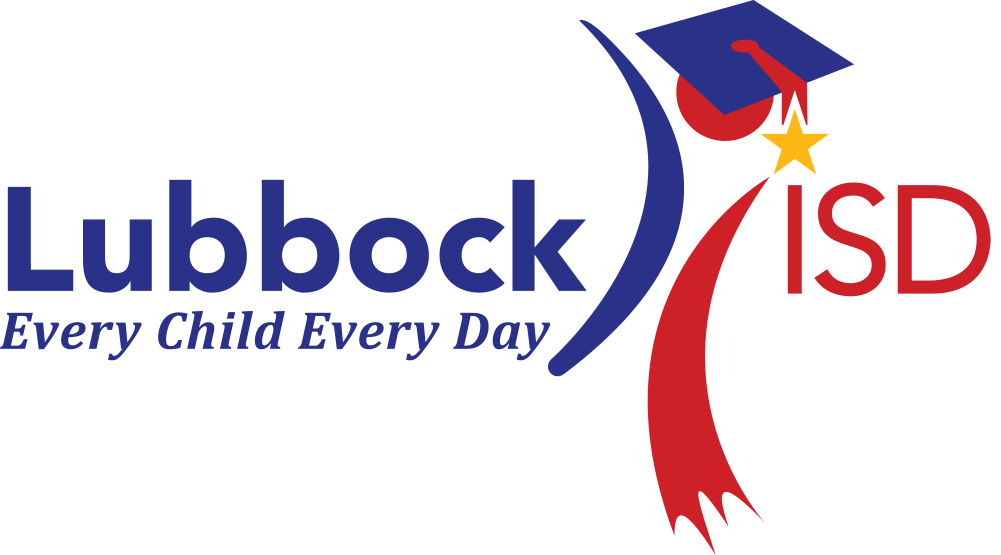Regional Day School Program for the Deaf
The Lubbock Regional Day School Program for the Deaf (RDSPD) is a state funded program, which provides services for deaf and hard of hearing students who reside in a twenty-county area around Lubbock. Centralizing services for these students allows them to access specialized services of a deaf education teacher and be closer to their home. The Lubbock Independent School District is the fiscal agent for operation of the program in this area and provides classrooms at several campus locations. The program employs certified teachers of the deaf, speech therapists, sign language interpreters, and support staff for students enrolled for services.
The focus of the RDSPD is to provide specialized intervention toward maximizing communication development for the students. Program staff begins working with families as soon as the student is identified as deaf or hard of hearing. A Parent-Infant teacher, coordinated with ECI services, works with the parents and babies in their homes. Intervention considerations for all students include sign language training, amplification, auditory training, speech and language development, and counseling.
Preschool, elementary, and secondary classes are available to enrolled students. Itinerant services are provided for students who maintain most of their instruction in their home district.
Mission Statement
The Lubbock Regional Day School Program for the Deaf (RDSPD) is dedicated to serving families with deaf or hard of hearing children in the twenty-county Lubbock region. Lubbock RDSPD is committed to providing our students with a quality education that will enhance the student's potential and create an environment that expands knowledge, understanding, and acceptance.
Regional Day School Program for the Deaf Goals
Increase the English language skills of students to facilitate integration and inclusion in school, community and society at large.
Increase literacy by providing access to English through a Total Communication approach (i.e., oral, signed English, American Sign Language, speech, auditory training, etc.).
Assist students with academic support as needed to progress in the school curriculum.
Increase faculty and staff awareness of student communication individualized needs.
Involve the student's family in the school culture, maintaining close communication so that the home and school are collaborating to promote student success.
Provide interactive opportunities for deaf or hard of hearing students with hearing peers and deaf adults.
Assist students toward becoming independent adults.
Provide communication strategies to maximize the auditory, oral, and sign language capacities of students.
